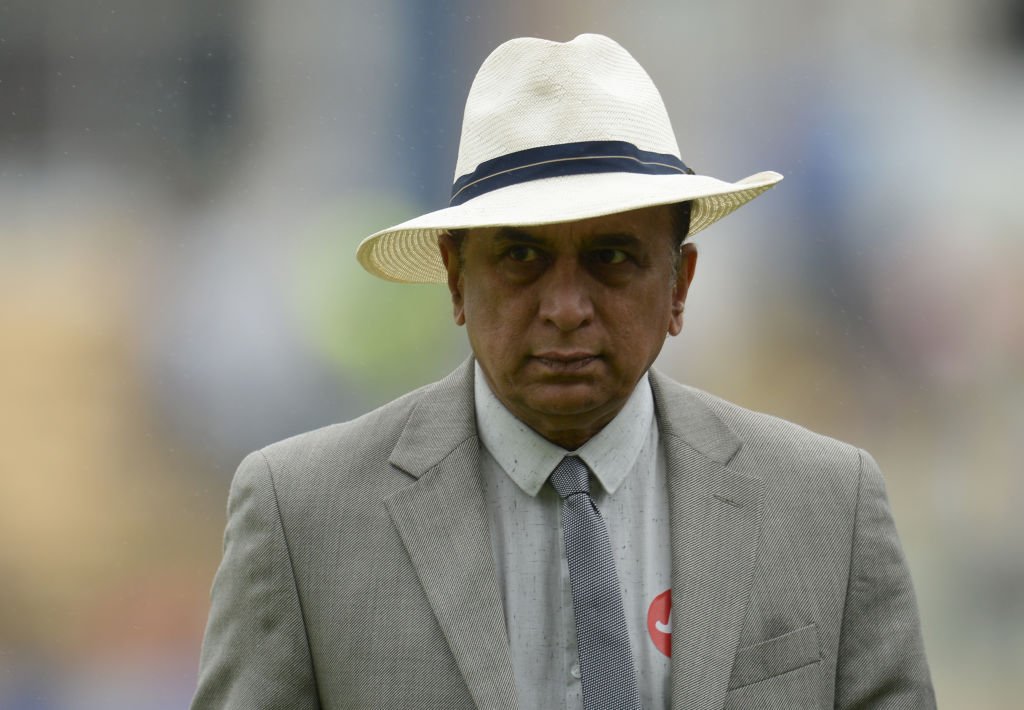
Sunil Gavaskar, one of cricket’s most revered figures, has recently expressed his dismay over India’s disappointing performance in their Test series against New Zealand and Sri Lanka. After enduring losses in both series, Gavaskar emphasized that the results indicate a troubling trend for the Indian cricket team. His comments have sparked conversations among fans and analysts alike, raising questions about the team’s future, particularly with an upcoming tour to Australia.
Gavaskar’s remarks resonate with the current sentiments surrounding Indian cricket. The losses against New Zealand, particularly in the home series, were unexpected and highlighted several underlying issues within the team. New Zealand managed to win the first Test by a staggering eight wickets, dismissing India for just 46 runs in their first innings. This ignominious defeat at home raised eyebrows, as India is traditionally dominant in their own backyard. Gavaskar noted that it was a historical loss, marking the first time India had lost to New Zealand at home in a Test series.
One of the key factors contributing to India’s downfall has been their batting performance. In both matches, Indian batsmen struggled against New Zealand’s bowling attack, particularly against spinners like Mitchell Santner, who emerged as a game-changer for the Kiwis. Santner’s exceptional performance, which included taking 13 wickets in the second Test alone, showcased India’s inability to tackle quality spin bowling. Gavaskar pointed out that if India wishes to regain their status as a dominant force in cricket, especially in the upcoming Australia series, they must address their batting vulnerabilities.
The team management has come under scrutiny as well, with questions raised about the captaincy of Rohit Sharma. Gavaskar criticized some of the strategic decisions made during the series, suggesting that a more aggressive approach could have yielded different results. For instance, India’s cautious field settings and bowling strategies allowed New Zealand to accumulate runs without significant pressure. Gavaskar’s perspective on captaincy highlights the need for adaptability and assertiveness in crucial match situations.
Moreover, Gavaskar’s analysis brings to light the importance of nurturing young talent within the Indian squad. Players like Rachin Ravindra from New Zealand not only performed exceptionally but also showcased the potential that lies within new cricketers. India’s selectors and coaches must find a way to integrate fresh talent while ensuring that experienced players like Virat Kohli and Rohit Sharma lead by example. Balancing experience with youth could be the key to revitalizing the team’s fortunes.
As the cricketing world looks towards the future, the upcoming tour of Australia will serve as a litmus test for the Indian team. Questions surrounding their ability to compete on foreign soil remain. Historically, Australia has been a challenging destination for Indian cricketers, and without significant improvements in performance and strategy, the team could face further difficulties. Gavaskar’s comments underline the urgency for the team to rethink their approach and solidify their strategies if they are to succeed in Australia.
Beyond the immediate concerns, Gavaskar’s insights serve as a reminder of the cyclical nature of sports. Teams go through phases of dominance and struggle, and it is how they respond to setbacks that often defines their legacy. For Indian cricket, a strong response to recent failures could pave the way for a resurgence, both at home and internationally.
In conclusion, Sunil Gavaskar’s comments reflect the broader challenges facing Indian cricket. With the team grappling with recent defeats and scrutiny over their performance, it is essential for players and management to take stock of their strategies and approaches. As they prepare for a crucial tour of Australia, the emphasis must be on learning from past mistakes, fostering young talent, and strengthening their resolve to reclaim their place among the world’s cricketing elite. Only then can they silence the critics and reaffirm their status as a formidable cricketing powerhouse.
In the coming weeks, as the team gears up for their Australia tour, it will be crucial to monitor their preparation and adaptation to different playing conditions. Whether they can turn the tide in their favor will be closely watched by fans and analysts alike, and Sunil Gavaskar’s remarks will undoubtedly remain a pertinent part of the conversation surrounding Indian cricket’s evolution.

